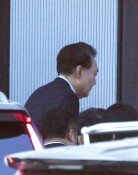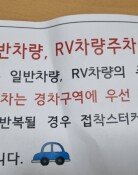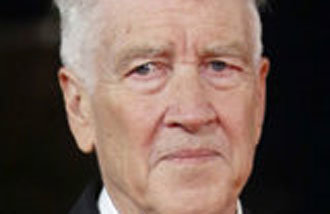Pyongyang’s deviation from talks to accelerate regime’s isolation
Pyongyang’s deviation from talks to accelerate regime’s isolation
Posted January. 20, 2020 08:06,
Updated January. 20, 2020 08:06
News reports say North Korea’s foreign minister, who is leading diplomatic strategy, has been changed from Ri Yong Ho to Ri Son Gwon, former chairman of the Committee for the Peaceful Reunification of the Fatherland. The North has not made official announcement on this, but Pyongyang has reportedly informed its overseas missions of the appointment. Ri Son Gwon, a former military officer who primarily played roles in inter-Korean relations, has almost no known experience in diplomacy. Back in September 2018, he sparked controversy by rudely saying “How on earth can you swallow naengmyeon (cold noodle)?” to South Korean business leaders who were visiting Pyongyang during the inter-Korean summit. If Ri Son Gwon’s appointment as foreign minister is made official, it could be interpreted as North Korean leader Kim Jong Un’s message to take an even more hard-line and confrontational stance going forward.
Ri Son Gwon’s emergence is in line with the North’s strategy of “frontal breakthrough,” which its leader Kim Jong Un declared while presiding over the four-day plenary meeting of the North Korean Workers’ Party’s Central Committee late last year. Washington has yet to respond to Pyongyang’s expectation for easing of sanctions against the North. Gearing up for his reelection, U.S. President Donald Trump will more likely focus on managing the situation to keep it unchanged rather than seeking to improve Washington-Pyongyang relations. Judging that if this situation is left unaddressed Pyongyang will have no chance to lead negotiations in its favor, the North seems to have chosen to use Ri Son Gwon as a measure of bluffing to escalate its provocation one step further.
U.S. Defense Secretary Rex Tillerson and Defense Secretary Jim Mattis jointly published an op-ed entitled “We’re Holding Pyongyang to Account” in the January 13 issue of The Wall Street Journal. While they said “We are willing to negotiate with Pyongyang” in the piece, they also clarified that Washington continues to maintain the use of military forces as a possible option, if Pyongyang continues to take provocative actions.
The two top officials went on to say that Pyongyang should demonstrate that it is committed to negotiations in goodwill. Despite this, the North has effectively declared another form of diplomatic brinkmanship by indicating that it would no longer seek to address the nuclear issue through diplomatic negotiations this time by sacking Ri Yong Ho, who had been leading talks based on his extensive knowledge in disarmament and nuclear weapons since the first nuclear crisis.
If the North deviates from denuclearization talks in the wake of Ri Son Gwon’s rise, it will inevitably face stern response from the international community. Then, the timeline for negotiations will only be delayed, while tension will highly likely be escalating further. If Pyongyang chooses to pursue a hard-line stance while denying denuclearization talks, it will only end up isolating itself from the rest of the world, further aggravating its situation. If the South Korean government stubbornly and blindly pursues inter-Korean cooperation amid this environment, the North could misjudge the situation. At critical times like this, Seoul should remain close relations with Washington based on the unchanging goal of Pyongyang’s denuclearization.







